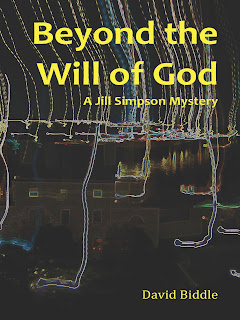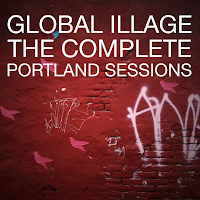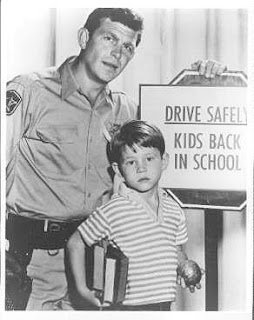Moral Craft: Issues of Plot and Prejudice in Literature and Culture
 |
| Source: Electric Lit notes "from The Librarian by Giuseppe Arcimboldo" |
This Electric Lit essay should be very interesting for anyone concerned with racism in literature. The true insight of Mr. Salesses's essay is the question of how racism seeps into a story (at least perceived) if the author did not intend it.
The issue kicked up a lot of thoughts for me. Here's my full comment in the Comments section of the essay:
Such a fabulous and provocative essay. So are the comments! This is one of those times where the
comments are as supremely valuable as the original work. Honestly, all of you, I'm printing out this whole dang set of opinions for my file folder on "Trying to Understand Racism"
Can't help putting my two-cents worth in here. I want to point out that each of us in our daily lives
constantly categorizes people and locks them into symbolic interpretation. That categorization and interpretation is dynamic of course and morphs and shifts depending on all sorts of things. This is standard practice for all human beings...right? ... all the time! (Sometimes it seems that our stereotyping of people only ends once we consider them a friend...)
Standard too is the instinct to judge others based on this process of categorization and interpretation. He's a dumb jock; She's a daddy's-girl-rich-bitch; He's a man, for God's sake!; She's from California, what do you expect?!! Those are, perhaps, more subtle than unmitigated racism, but the point is, hopefully, obvious.
One fundamental change I see in 21st century Western Culture, which is more diverse and confused than ever, is the search for the category of "racist" in others and the game of interpreting what those others say and do as racist -- and judging them as such. That's very interesting to me as a storyteller. There's a lot of implications to this new game. I won't get into them except to say, the mind you inhabit tends to want -- and need -- to feel superior to everyone else around you. The question is whether that has any value at all in real life except to make you feel comfortable in social settings -- or books you are reading.
To me, part of being a writer is the danger of all sorts of stereotyping -- on any level -- and the serious error of turning characters into "vessels" of symbolism for "social issues." It's a danger, but it's absolutely inevitable if you aren't aware of it. Part of the game of puzzling through creating a story, to me, is overcoming any kind of pre-judgment or stereotypical thinking, turning the dreadlocked, nose-pierced dark-skinned woman seen, suspiciously, from afar into a mixed-race adoptee of Russian diplomats who grew up in Leningrad and speaks five different languages. (That's trading one stereotype for another, though, to a certain extent, right?). Or turning the handsome high school baseball stud into a romantic comedy junky who yearns to be a nursery school teacher.
Still, pondering whether a writer is racist based on characters they create and the story they tell is a bit dangerous, isn't it? Especially authors who wrote in other eras. Every religious tome known to humanity would have to be the most racist documents on the face of the earth. It's possible, isn't it, to make the argument that one of the main reasons they were written is to attempt to legitimize prejudice and stereotyping of others in every way possible.
I appreciate Mr. Salesses's insight about the "gap" between narrator and story. It's something to keep in mind with my own work. Somehow, we need to get beyond this game of oversimplifying others and the motives for their actions. That narrative gap is probably the solution -- and a writer's responsibility if he or she feels the urge. It may, in fact, be the solution for real people in their real lives, which is where this issue matters the most.



Comments
Post a Comment